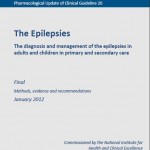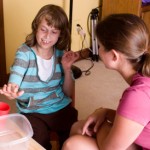
There are a number of changes underway in the way services for people with epilepsy are organised and delivered, and this new guideline includes a number of recommendations on service provision, the use of newer antiepileptic drugs and guidance in specific areas such as pregnancy and contraception, learning disability, young people. The chapter on epilepsy [read the full story…]



